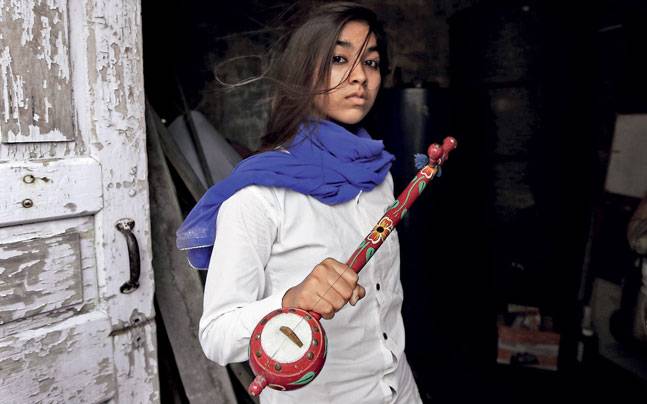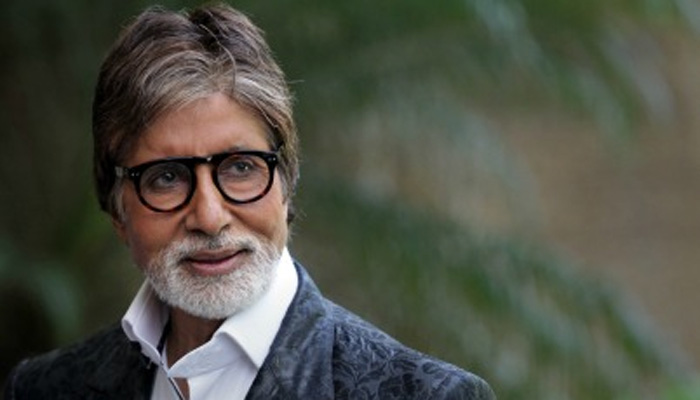At a time when the flogging of Dalit youths in Una has triggered protests, Ginni Mahi, 17 years old, is raising her voice and asserting her identity in songs.
Mahi, a resident of Abadpura near Jalandhar, belongs to the community of Jatavs in Punjab and wears it as a badge of honour. One of her lines goes like this: “Kurbani deno darrde nahin, rehnde hai tayyar, haige asle to wadd Danger Chamar (the one who is not scared to sacrifice, the one who is the real thing is Chamar).”
The new voice of ‘Dalit pop’ in the country, Ginni Mahi aka Gurkanwal Bharti, is a YouTube sensation with close to 1 lakh followers. Ready with a new Sufi track on Bulleh Shah and busy with another on Guru Nanak Dev, which she hopes to release in a couple of months, her songs mainly celebrate the lives of Sant Ravidass — founder of the sect to which she belongs — and Dr Bhim Rao Ambedkar, and talk about her community, reported The Indian Express.
Not only the issue about her community but she is also rasing voice against other social issues. She is bringing up female foeticide and drugs that ail Punjab. Though she has been singing for over a decade, it’s her two albums in the past year, Guruan Di Diwani and Gurpurab Hai Kanshi Wale Da, and her singles, including Fan Baba Saheb Ki and Danger Chamar that have catapulted her to accomplishment.
In Fan Baba Saheb Ki, she refers to herself as Main thi Babasaheb di, jine likheya si samvidhaan (I am the daughter of Baba Saheb, who wrote the Constitution), while in Danger Chamar she tries to bridge the caste system, stating that members of her community are dangerous only if injustice is meted out to them.
“Baba Saheb spoke for equality and human rights not because he was a Dalit, but because he was an Indian, a Hindustani. He talked about India, gave us rights, empowered us and I salute his fighting spirit,” says Mahi, who puts ‘Bharti’ as her last name to show her “Indian identity”.
While she is certainly not the first to sing about Dalits in Punjab — there have been others such as Chamkila, Roop Lal Dhir, J H Tajpuri, Raj Dadral, Rani Armaan — she is perhaps the first to find such a large audience, an audience for whom she deconstructs her identity. “What is a Chamar. Ch stands for cham (chamda, skin), ma is maas (flesh), and r is rakht (blood). We are all made of skin, flesh, blood,” she said recently.
Her father Rakesh Chandra Mahi, on the other hand, is more guarded. “We avoid her singing on political stages like other singers of her community and even select the lyrics very carefully. Honestly, while we do get disturbed over attacks on the Dalit community, one likes to stay as far as possible from political controversies,” he says. She nods in agreement.
To read more click here
Sourced from The Indian Express, Featured image courtesy: indiatoday.intoday.in

























